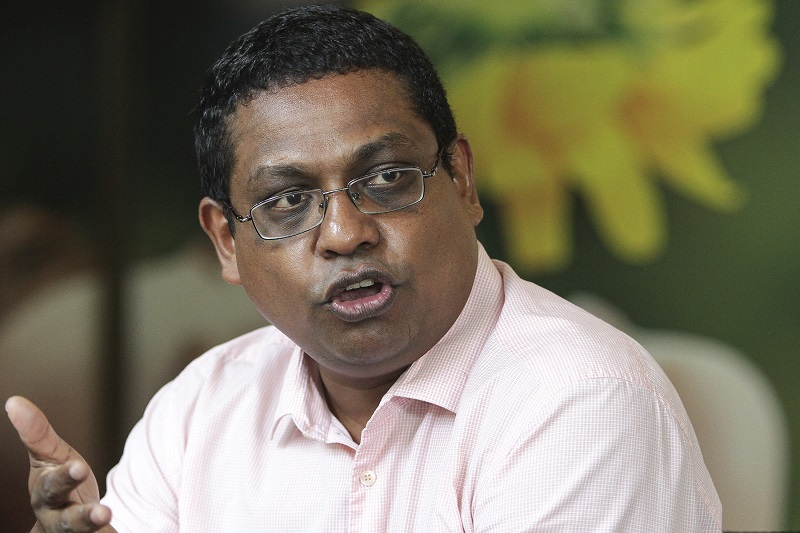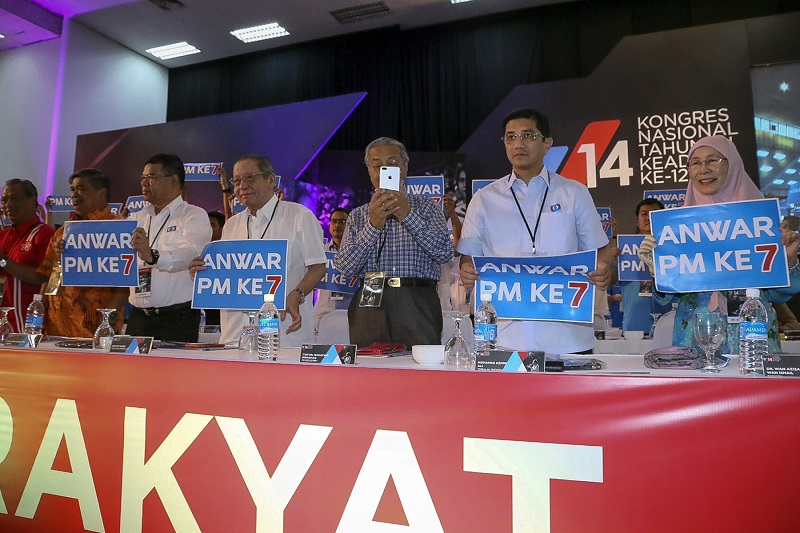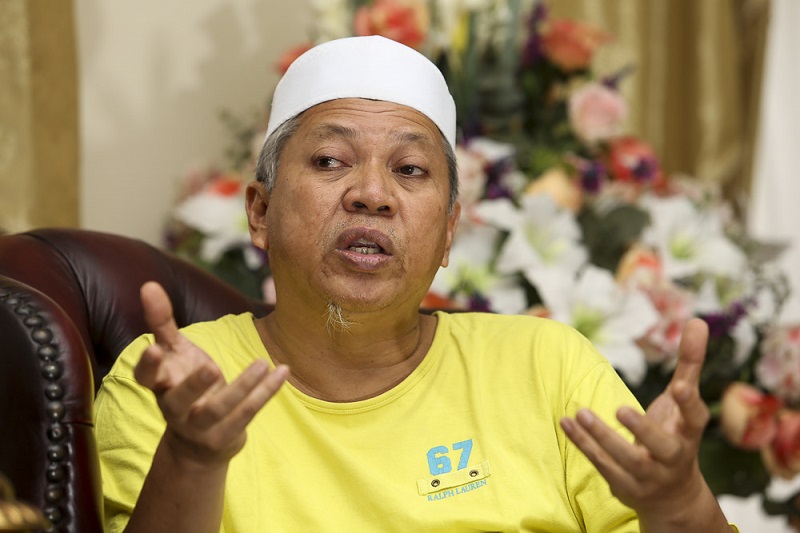KUALA LUMPUR, June 29 ― Do you know your representative’s or their party’s stand on issues like Bumiputera policies, personal liberties or English-language proficiency?
While lawmakers and political parties in mature democracies often express clear views on various issues, policy making and election manifestos have always taken a backseat in Malaysian politics that are dominated instead by scandals, viral controversies, and racial and religious conflicts.
Ahead of the 14th general election, Malay Mail Online interviewed representatives from Pakatan Harapan parties to determine the stands of PKR, Parti Pribumi Bersatu Malaysia (PPBM), DAP and Parti Amanah Negara (Amanah) on various issues, including Bumiputera policies, education, human rights, democracy, minority protections, the environment, crime and public safety, foreign policy, and terrorism.
The party representatives polled were PKR secretary-general Datuk Saifuddin Nasution Ismail, PPBM supreme council member Akhramsyah Sanusi, DAP publicity chief Tony Pua and Amanah communications director Khalid Samad.
Some Pakatan Harapan member parties had differing stands on certain issues, such as whether child marriage and unilateral child conversion should be banned.
Some were also vague and did not seem to have a clear policy stand on some topics, such as on whether they would abolish Bumiputera key performance indicators (KPIs) for government ministries and government-linked companies, along with Bumiputera quotas for major construction projects like the Mass Rapid Transit; whether they would reduce religious raids and enhance personal liberties for Muslims; whether they would revive local council elections; and whether or how they would improve English-language proficiency among Malaysians.
Pakatan Harapan has yet to release its official election manifesto for the 14th general election that is due by August 2018. It remains to be seen how PKR, PPBM, DAP and Amanah will reconcile their contrasting stands on certain issues and which policies will appear in their manifesto.




 Parties don’t take manifestos seriously
Parties don’t take manifestos seriously
Kuasa, a non-governmental organisation (NGO) that monitors annually how far the Selangor and Perak state governments have fulfilled their Election 2013 manifestos, said there was a lack of willingness in both the ruling Barisan Nasional (BN) and Pakatan Harapan to highlight their election manifestos and to regularly report on their progress in implementing their plans.
Kuasa chief executive Praba Ganesan pointed out that while the US president holds the State of the Union address annually to inform the Congress on the condition of the country and legislative plans, election manifestos were rarely discussed in the Malaysian Parliament or by state governments, or even by federal and state lawmakers.
“They don’t want a dynamic political system,” Praba told Malay Mail Online in an interview.

Praba said a manifesto was to help voters’ assess a party or candidate’s potential value and to evaluate their performance, a tool meant to enhance discourse.
When asked whether BN or Pakatan Harapan was more likely to fulfill their manifestos for the upcoming 14th general election, Praba said it was not about whether the parties would come through on their promises, “but how central is a manifesto in the operation of political parties?”
“Here, there’s very low emphasis on a manifesto. They focus on personality politics,” he said.
Praba told political parties to take their GE14 manifesto preparation more diligently, such as by distributing it to the division heads in all constituencies so that the implementation of pledges is not left solely to the heads of state.
“I want them to be more specific and challenging and to find ways to achieve them,” he said, referring to political parties’ manifestos for the upcoming polls.
Umno looking at ‘micro’ issues
Only one of the four BN component parties which Malay Mail Online approached ― Umno, MCA, MIC and Gerakan ― agreed to be interviewed on policies.
However, Umno information chief Tan Sri Annuar Musa did not specify any manifesto and simply said that, in the next general election, BN would be looking at addressing micro issues instead of larger issues.
Among the issues that he commented on included human rights, which he said was currently enshrined in the Federal Constitution.
“Who says we don't ensure human rights? We (the government) has always made sure that people here are comfortable in every way.
“However, things that oppose our beliefs and things that are against the teachings of Islam, we cannot support it. If it's wrong in our religion, it is wrong,” said Annuar, when asked about leniency for lesbian, gay, bisexual and transgender (LGBT) groups.
The Ketereh MP also explained that the current Bumiputera policies in place are not detrimental to other races, as they are still given equal opportunities in education, work and businesses.
“Despite the Bumi rights, everybody is given an equal chance here to do business, scholarships and the necessities. We don't let one particular group get sidelined by helping another.”
MCA, Gerakan and MIC leaders have not responded to interview requests despite promising to give interviews.
Gerakan president Datuk Seri Mah Siew Keong said the party has still not decided on its election manifesto and it is likely to be finalised after July, when the party's division meetings happen.
MCA women's chief Datuk Heng Seai Kie also has not responded to interview requests, with her aides giving the excuse that she is currently overseas.
PAS declined to be interviewed for this story, saying that their election manifesto had yet to be completed.
Kamles Kumar contributed to this report.




















